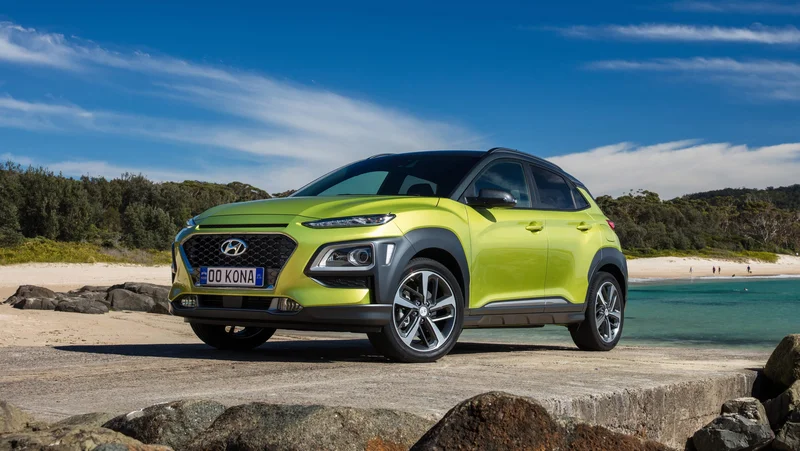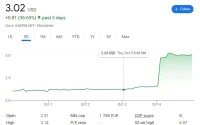Hyundai's Repair Restrictions and Labor Woes: A One-Two Punch?
Hyundai is facing a double whammy: accusations of paywalled repairs and allegations of exploitative labor practices. Are these isolated incidents, or do they point to a systemic issue within the company's operations? Let's crunch the numbers and see what the data suggests.
The Paywall Problem: A Question of Control
The recent uproar over Hyundai's alleged paywalling of DIY brake pad replacements is more than just a headache for weekend mechanics. A Reddit user, SoultronicPear, detailed their frustrating experience trying to replace brake pads on an Ioniq 5N. Despite subscribing to the National Automotive Service Task Force (NASTF) for $60/week and investing in a $2,000 interface tool, their account was suspended. (The stated reason was that NASTF subscriptions are intended for "service professionals," not DIYers.)
But here's where it gets interesting. SoultronicPear managed to use a Harbor Freight T7 bidirectional scan tool to retract the parking brake. The catch? It threw error codes. While a workaround exists, the error codes raise questions about the long-term reliability and safety of such solutions. Is Hyundai intentionally making it difficult to perform even basic maintenance without their approved tools and technicians? The frustration expressed in online forums is palpable, with some commenters vowing to never buy a Hyundai. How many potential sales are lost due to this perception of restricted access? It’s hard to quantify, but the sentiment is clearly negative. Hyundai Paywalls Brake Pad Changes - Hackaday
This isn't just about brake pads. It's part of a broader trend of increasing computerization in vehicles, making even simple repairs dependent on specialized software and tools. Other manufacturers, like Volvo and Volkswagen, have similar restrictions. The question becomes: at what point does this control become anti-consumer?
Labor Lawsuit: A Supply Chain Under Scrutiny
The second blow to Hyundai comes in the form of a lawsuit filed by Jobs to Move America, alleging unfair competition through the use of exploited labor. The lawsuit claims Hyundai and Kia are using cheap labor from children, immigrants, and inmates in their supply chains in Alabama and Georgia. The specifics are disturbing: allegations of employees as young as 13 and the use of prison labor. Labor lawsuit says O.C.-based Hyundai, Kia are exploiting children, immigrants, inmates - Los Angeles Times

If true, these allegations would have serious implications. The lawsuit seeks a court order preventing Hyundai and Kia from receiving certifications that their vehicles are made with high-road employment standards until they submit to an independent audit of their supply chain in Alabama and Georgia. State Sen. Maria Elena Durazo and Los Angeles City Councilmember Hugo Soto-Martinez have already warned that the companies’ contracts could face trouble with public agencies if the allegations are proven. Soto-Martinez stated, "If these allegations are true, it would absolutely affect our purchasing decisions in the city of Los Angeles... We will not tolerate anti-worker practices, not here, not anywhere." This raises the stakes considerably. How much revenue could Hyundai lose if major cities and states pull back on purchasing contracts? (That's a back-of-the-envelope calculation I'd love to see someone tackle.)
Adding fuel to the fire are allegations from former Hyundai employees like Mark Miller, who described unsafe working conditions, lack of training, and mistreatment of inmates at a Hyundai plant in Montgomery, Ala. Another former employee, Rosalinda Soriano-Torres, claimed she was recruited for a job that turned into manual labor with minimal protective equipment and dangerous conditions. She also alleged that immigrants were paid less than U.S. citizens and that she was fired after requesting a less risky job due to pregnancy.
These are serious accusations, and while Hyundai and Kia have yet to respond, the potential damage to their reputation is significant.
Is Hyundai's Brand Tarnished Beyond Repair?
The convergence of these two issues – repair restrictions and labor allegations – creates a perfect storm for Hyundai. While the paywalled repairs might seem like a minor inconvenience to some, it feeds into a larger narrative of corporate control and anti-consumer practices. The labor lawsuit, on the other hand, strikes at the heart of ethical consumerism.
The question isn't just whether Hyundai is guilty of these allegations, but whether the perception of guilt will damage their brand. And this is the part of the report that I find genuinely puzzling. For a company that has invested heavily in building a reputation for quality and affordability (the Elantra and Sonata Hyundai models are often cited for their value), these issues seem remarkably self-destructive. It's like a company meticulously building a skyscraper, only to start chipping away at the foundation. The long-term impact on sales and brand loyalty remains to be seen, but early indicators suggest a growing level of distrust among consumers.










